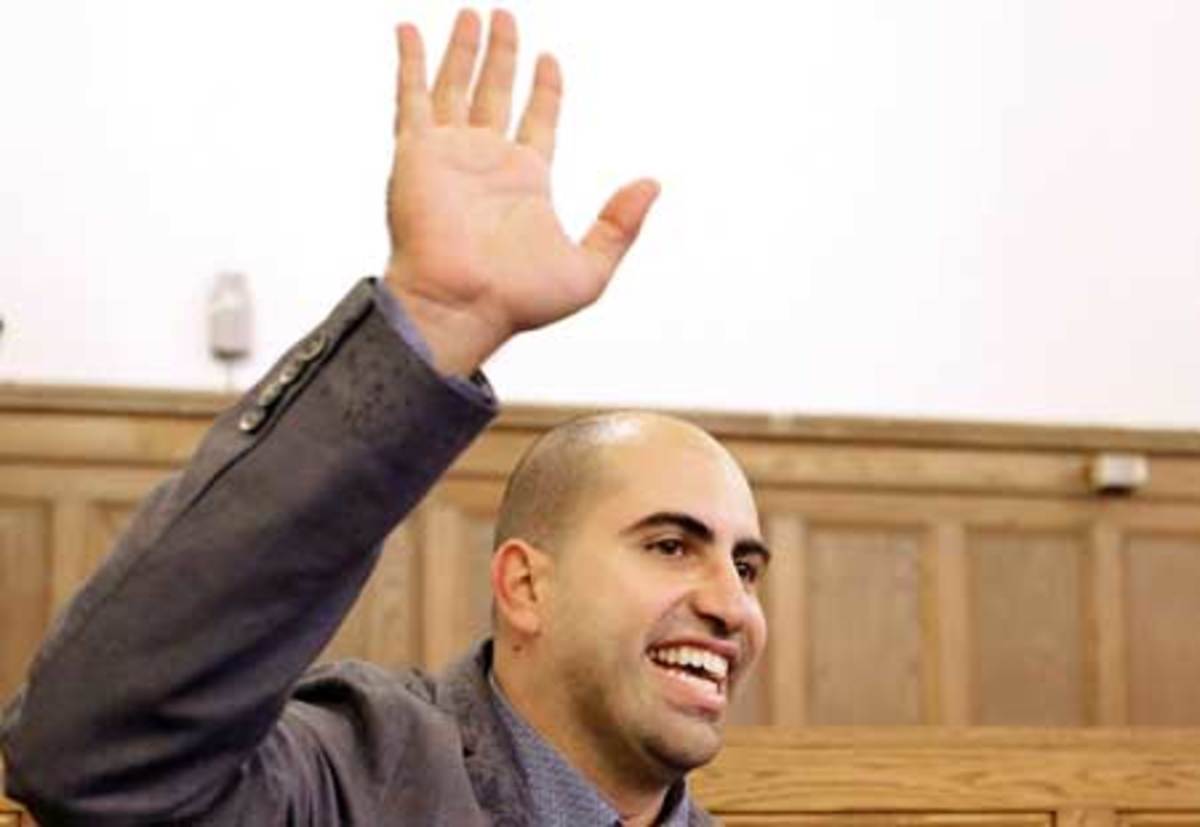Tweeting Versus Teaching
 An academic controversy unfolding at the University of Illinois is attracting national attention. After the American Indian Studies department offered Steven Salaita a tenured job, University authorities became aware of Salaita’s tweets about the conflict in Gaza, and eventually decided to withdraw the job offer. Two weeks ago, the U of I’s trustees voted 8-1 not to offer him a position at the Urbana-Champaign campus.
An academic controversy unfolding at the University of Illinois is attracting national attention. After the American Indian Studies department offered Steven Salaita a tenured job, University authorities became aware of Salaita’s tweets about the conflict in Gaza, and eventually decided to withdraw the job offer. Two weeks ago, the U of I’s trustees voted 8-1 not to offer him a position at the Urbana-Champaign campus.That decision caused a storm of protest. Salaita’s defenders, including legal scholars, argue that his freedom of speech has been violated. Freedom of speech, protected in the First Amendment, refers to freedom from government prosecution for speech and similar actions. Freedom of speech is always limited in some ways: libel and death threats are some examples. But nobody has limited Salaita’s right to express his opinions, or threatened any legal action against him.
Academics are always concerned about possible restrictions on expression of unpopular opinions, and want to protect so-called “academic freedom”. I believe this is an important principle. If we wish universities to be open to the widest range of ideas, then faculty must feel free to express ideas which might annoy some, or even most people. Even at government-supported institutions, professors should be able to criticize the government or the corporations which employ major donors or trustees.
Some people argue that Salaita’s academic freedom has been violated. The American Association of University Professors released a statement:
“faculty comments made on social media, including Twitter, are largely extramural statements of personal views that should be protected by academic freedom . . . his posts were arguably not intended as scholarly statements but as expressions of personal viewpoint. Whether one finds these views attractive or repulsive is irrelevant to the right of a faculty member to express Denying Academic Freedom:
